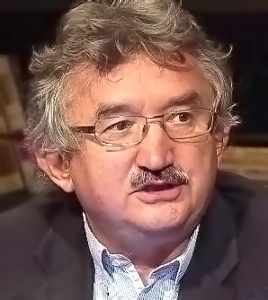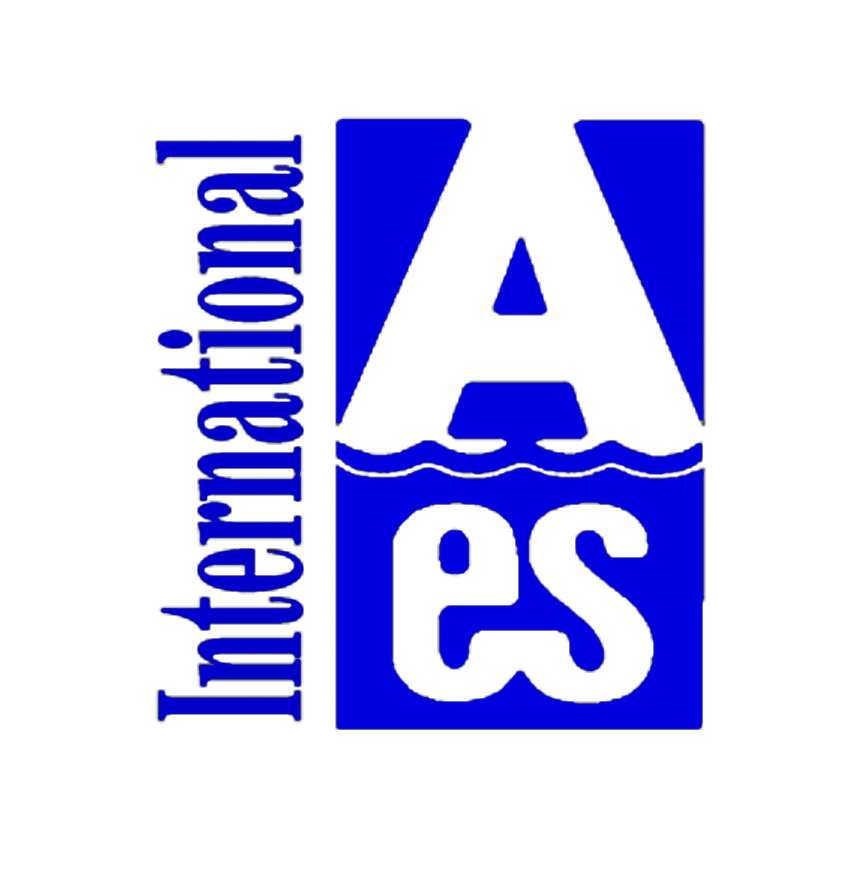Professor Julius Horvath

Julius Horvath is currently Professor of Economics and Business at the Central European University in Budapest and Vienna. He is a former Head of Department of International Relations (2002-2006), former Head of Department of Economics (2006-2011, 2014-2016, 2018-2020), former Acting Dean of the Business School (2016/2017) at Central European University in Budapest and Vienna. In 2009, Professor Horvath was appointed an “Egyetemi tanar” (University Professor), in the Hungarian school system. Professor Horvath has been a member of Academia Europaea since 2017, and is currently a member of the Council of the European Society for the History of Economic Thought. He was a member of the Slovak and Czech Accreditation Committees, and the Chair of the Slovak Economic Association. Professor Horvath’s areas of interest are mainly international economic policy issues, political economy of monetary relations, and the history of economic thought.
He has published, among others, in the Journal of Comparative Economics, Contemporary Economic Policy, Applied Economics, Economic Systems, Journal of Economic Integration, Nationalities Papers, History of Economic Ideas, and History of Economic Thought and Policy. Professor Horvath published a book about history of economic thought in Central Europe with Palgrave MacMillan in December 2020.
Why did you become a member of the International Atlantic Economic Society?
The International Atlantic Economic Society (IAES) is an excellent cosmopolitan, global organization promoting economic research and helping students be more competitive in their research activities. The first time I heard about the IAES was in the early 1990s, during the American Economic Association early-year meetings. At that time, I was still living in the United States. I liked that European affairs were always of interest at the IAES.
What types of projects/research are you currently working on and what inspired/motivated you to pursue these interests?
I currently continue to work on the history of economic thought in Central Europe, including former Czechoslovakia, Hungary, and Poland, to a lesser extent. I published a book and a series of papers about this topic with Palgrave Macmillan. Also, in the Lexington Books series, Revisiting Communism: Collectivist Economic and Political Thought in Historical Perspective, as a co-author of a chapter, I contributed to the history of economic thought under communism, with content about the former Czechoslovakia. I am interested in global governance and global ideology issues, as recently one observes intensified critique of the liberal capitalist market democracy from the radical right and the radical left.
What advice would you give to someone who is considering entering your line of work/field of study?
I would suggest studying languages and not concentrating only on the economic profession’s “lingua franca”, i.e., on the working knowledge of the English language. In the history of economic thought and economic history, the ability to understand other languages is crucial. It is a sign of weak scholarship if people write about the economic matters of countries for which they do not know the language. Knowing the language adds much to the quality of applied work, especially in economic policy.
Going forward, what other projects/research are you planning to or hoping to pursue?
I study subjects related to what I teach at the university, i.e., the political economy of international monetary affairs, especially financial, currency, and banking crisis case studies. Furthermore, I teach undergraduate macroeconomics and am looking for methods to make the students interested in such issues. The real challenge is to teach executive MBA students about future macroeconomic scenarios.
What’s your favorite hobby?
At a younger age, my hobby was literature and chess. Nowadays it is languages and macro-economic history. I grew up during communism, where chess was highly appreciated, especially in the Soviet Union and satellite countries. In my teenage years, I played chess almost every day and enjoyed it. However, at the university, I opted not to continue with this hobby.
Literature is an excellent hobby, and the most complex intellectual activity. One learns a lot about life reading Mario Vargas Llosa, Fyodor Dostoevsky, Gabriel García Márquez, Jorge Borges, Honoré de Balzac, and other great authors. However, it is not easy to make a living from literature, so I abandoned literature and became more interested in social sciences, statistics, and similar endeavors.

